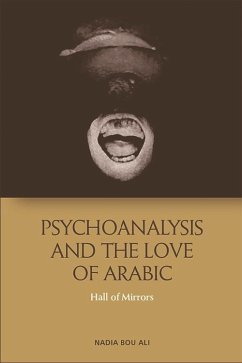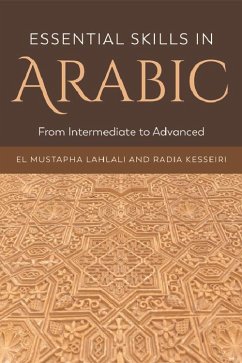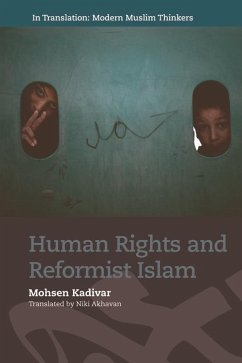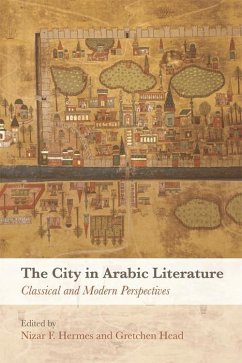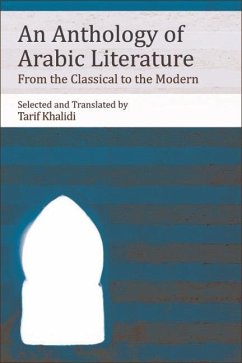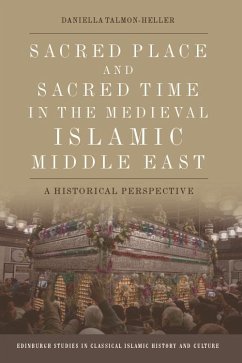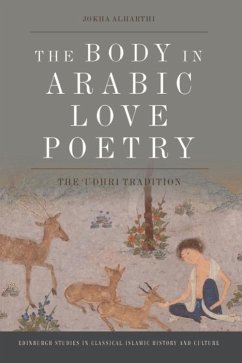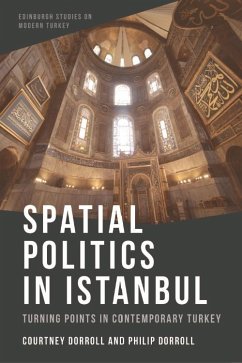
Medieval Damascus: Plurality and Diversity in an Arabic Library (eBook, ePUB)
Plurality and Diversity in an Arabic Library

PAYBACK Punkte
13 °P sammeln!
The written text was a pervasive feature of cultural practices in the medieval Middle East. At the heart of book circulation stood libraries that experienced a rapid expansion from the twelfth century onwards. While the existence of these libraries is well known our knowledge of their content and structure has been very limited as hardly any medieval Arabic catalogues have been preserved. This book discusses the largest and earliest medieval library of the Middle East for which we have documentation - the Ashrafiya library in the very centre of Damascus - and edits its catalogue. This catalogu...
The written text was a pervasive feature of cultural practices in the medieval Middle East. At the heart of book circulation stood libraries that experienced a rapid expansion from the twelfth century onwards. While the existence of these libraries is well known our knowledge of their content and structure has been very limited as hardly any medieval Arabic catalogues have been preserved. This book discusses the largest and earliest medieval library of the Middle East for which we have documentation - the Ashrafiya library in the very centre of Damascus - and edits its catalogue. This catalogue shows that even book collections attached to Sunni religious institutions could hold rather unexpected titles, such as stories from the 1001 Nights, manuals for traders, medical handbooks, Shiite prayers, love poetry and texts extolling wine consumption. At the same time this library catalogue decisively expands our knowledge of how the books were spatially organised on the bookshelves of such a large medieval library. With over 2,000 entries this catalogue is essential reading for anybody interested in the cultural and intellectual history of Arabic societies. Setting the Ashrafiya catalogue into a comparative perspective with contemporaneous libraries on the British Isles this book opens new perspectives for the study of medieval libraries.
Dieser Download kann aus rechtlichen Gründen nur mit Rechnungsadresse in A, B, BG, CY, CZ, D, DK, EW, E, FIN, F, GR, HR, H, IRL, I, LT, L, LR, M, NL, PL, P, R, S, SLO, SK ausgeliefert werden.




